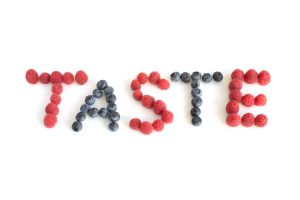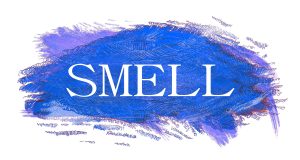 A distorted sense of taste and/or smell
A distorted sense of taste and/or smell  may occur following brain injury. However, it is far more common that a person with brain injury will experience reduced/loss of sense of taste and/or smell. Some people may describe unpleasant sensory experiences in relation to particular food tastes, environmental smells, perfumes, cleaning products etc. These sensory experiences may be prominent in the early stages of recovery following brain injury and may or may not recover over time. Distortions to taste and smell may adversely influence food and fluid intake.
may occur following brain injury. However, it is far more common that a person with brain injury will experience reduced/loss of sense of taste and/or smell. Some people may describe unpleasant sensory experiences in relation to particular food tastes, environmental smells, perfumes, cleaning products etc. These sensory experiences may be prominent in the early stages of recovery following brain injury and may or may not recover over time. Distortions to taste and smell may adversely influence food and fluid intake.
A comprehensive multidisciplinary assessment is helpful as it is important to consider other possible causes of changes in food/fluid intake following brain injury. These include:
- Fatigue
- Dental issues
- Dysphagia
- Physical impairment
- Dyspraxia
- Cognitive difficulties
- Perceptual difficulties
- Difficulties with attention
- Psychological and Psychiatric difficulties
- Pre-injury eating disorders
- Consider other potentially important causative medical conditions and contributory factors.
How to Help:
- Provide reassurance.

- Try to distract the person from focussing on the problem as you may not be able to change environmental smells.
- Consider other possible causes of changes in food and fluid intake.
- Avoid inadvertently reinforcing behaviours that encourage avoidance of particular situations or avoidance of eating a balanced diet. It is important to note that reinforcing such behaviours may exacerbate the problem and lead to the development of further psychological and/or physical health issues.
- Refer to appropriate specialists for further investigations and support as necessary. These may include: Dietetic Services, Dental Services, Speech and Language Therapy, Gastroenterology, Psychiatry, Clinical Psychology.